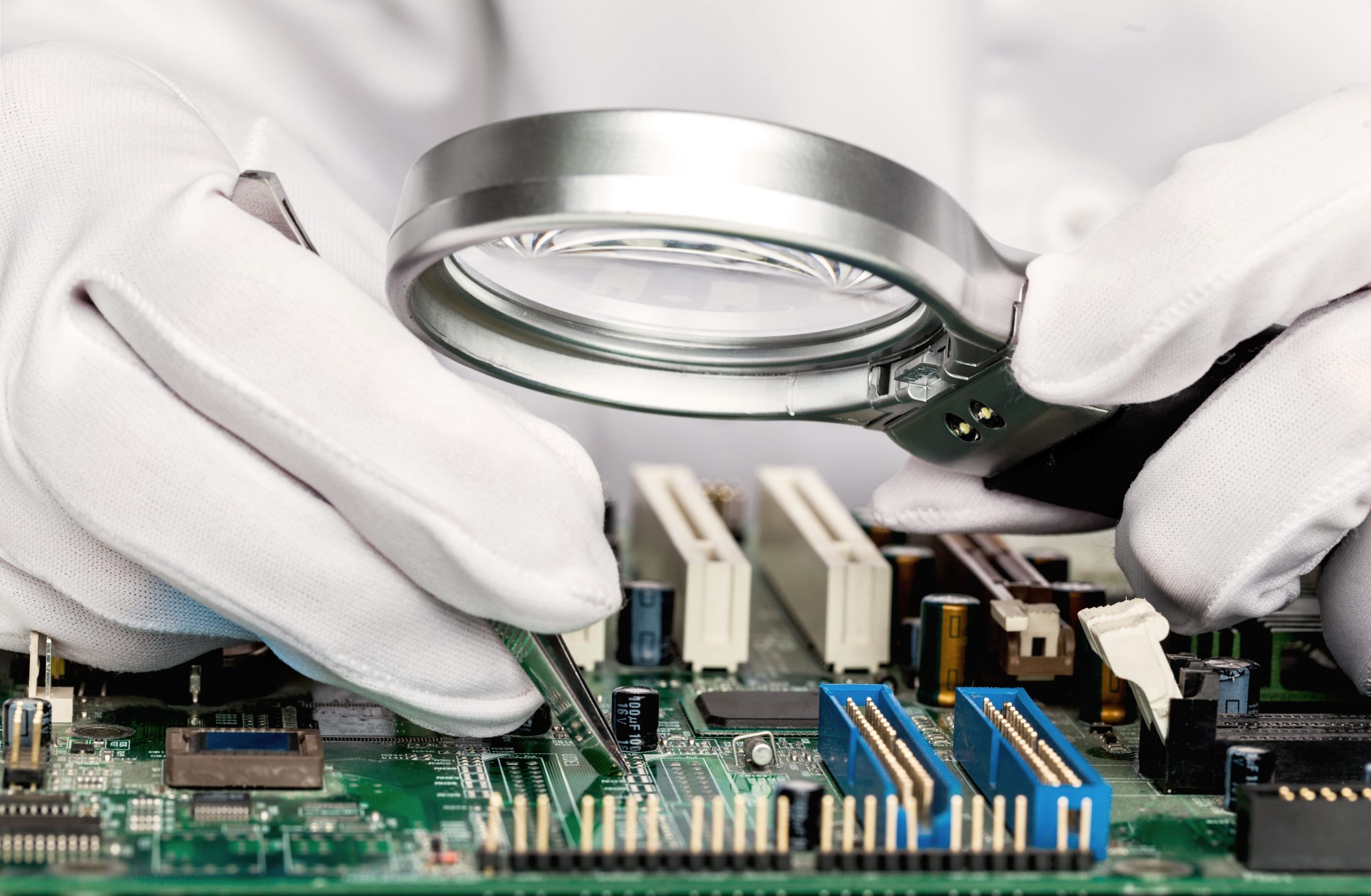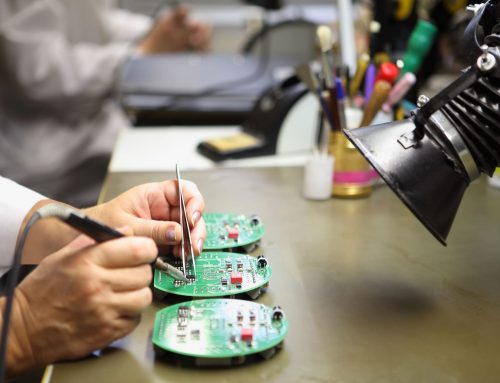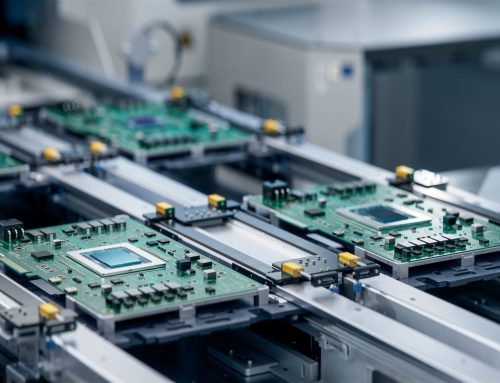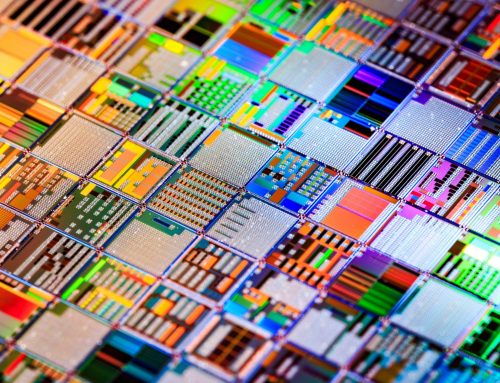Quality is paramount in electronics manufacturing and should be a priority for all manufacturers.
Adhering to industry standards, such as ISO certifications, and regulatory compliance are critical to maintaining quality throughout operations.
Industry standards make sure that manufacturers have established robust quality management systems (QMS) — leading to consistent production quality, reduced defects and higher customer satisfaction. Continuous improvement of these quality management processes also helps manufacturers identify inefficiencies and action corrective measures, resulting in more reliable products.
Equally, observing industry standards ensures manufacturers maintain safe and healthy working conditions. Not only does this protect employees from workplace accidents, but it also boosts productivity by reducing related disruptions — fostering employee loyalty and enhancing overall operational efficiency.
Compliance with regulations like RoHS and REACH guarantees that manufacturers prioritise environmental sustainability. This includes using eco-friendly materials, reducing waste and ensuring that products are safe for both consumers and the environment.
So, let’s take a closer look at some of the key standards and regulations within electronics manufacturing…
ISO certifications
ISO certifications are internationally recognised standards that ensure quality, safety and efficiency across various industries. ISO 9001 and ISO 14001 are particularly significant for electronics manufacturers.
ISO 9001 sets the criteria for a quality management system. It is based on several quality management principles, including a strong customer focus, the involvement of top management, a process approach and continuous improvement. ISO 9001 certification ensures products consistently meet customer and regulatory requirements and that the production process is continuously improved.
ISO 14001 provides a framework for an effective environmental management system. It is applicable to any organisation, regardless of size, that wants to improve resource efficiency, reduce waste and drive down costs. ISO 14001 ensures that operations minimise negative environmental impacts, comply with applicable laws, and enhance environmental performance.
IPC accreditations
In addition to ISO certifications, there are two key IPC accreditations for electronics manufacturers: IPC-A-610 and IPC/WHMA-A-620.
IPC-A-610, also known as ‘Acceptability of Electronic Assemblies’, provides detailed criteria for the quality and reliability of electronic assemblies, categorising products into three classes based on their intended use and performance requirements. The accreditation covers various aspects of workmanship, including soldering and component placement.
Another essential standard in the electronics manufacturing industry is IPC/WHMA-A-620: Requirements and Acceptance for Cable and Wire Harness Assemblies. This standard sets the criteria for the quality and reliability of cable and wire harness assemblies — covering elements such as crimping, soldering, mechanical assembly and testing.
EN ISO/IEC 80079-34
When manufacturing products for use in explosive atmospheres and high-risk or high-pressure environments — such as industrial sites, oil and gas sites, chemical processing plants or storage facilities — it is essential that the environments are intrinsically safe.
In this field, electronics manufacturers should be officially certified to EN ISO/IEC 80079-34:2018 standards in line with IECEx and ATEX Directive 2014/34/EU. An ATEX certificate ensures all electronic equipment manufactured for potentially explosive atmospheres is subject to rigorous testing outlined by ATEX directives.
RoHS
In addition to industry standards, electronics manufacturers must comply with various regulatory requirements to ensure their products are safe and environmentally friendly. Two critical regulations are the Restriction of Hazardous Substances (RoHS) and the Registration, Evaluation, Authorisation and Restriction of Chemicals (REACH). Let’s start with RoHS.
RoHS restricts the use of specific hazardous materials found in electrical and electronic products. This regulation limits substances like lead, mercury, cadmium and certain flame retardants. Compliance with RoHS is essential for electronics manufacturers to sell their products in the EU market.
REACH
REACH is another EU regulation that addresses the production and use of chemical substances and their potential impacts on human health and the environment.
Under REACH, manufacturers must identify and manage the risks associated with the chemicals they use. This regulation requires comprehensive data on chemical substances and mandates the substitution of hazardous substances with safer alternatives whenever possible.
Making quality a priority
Quality has been at the heart of our operations at EC Electronics for over four decades. We continually review our manufacturing processes and operations — investing in our people, our infrastructure and our technical competence.
We also recognise the importance of corporate social responsibility and regularly review how we can improve our impact on the environment and global operations.
Our electronics manufacturing operations adhere to all the relevant standards and regulations. Find out more about our quality assurance accreditations and social responsibility policies here.









